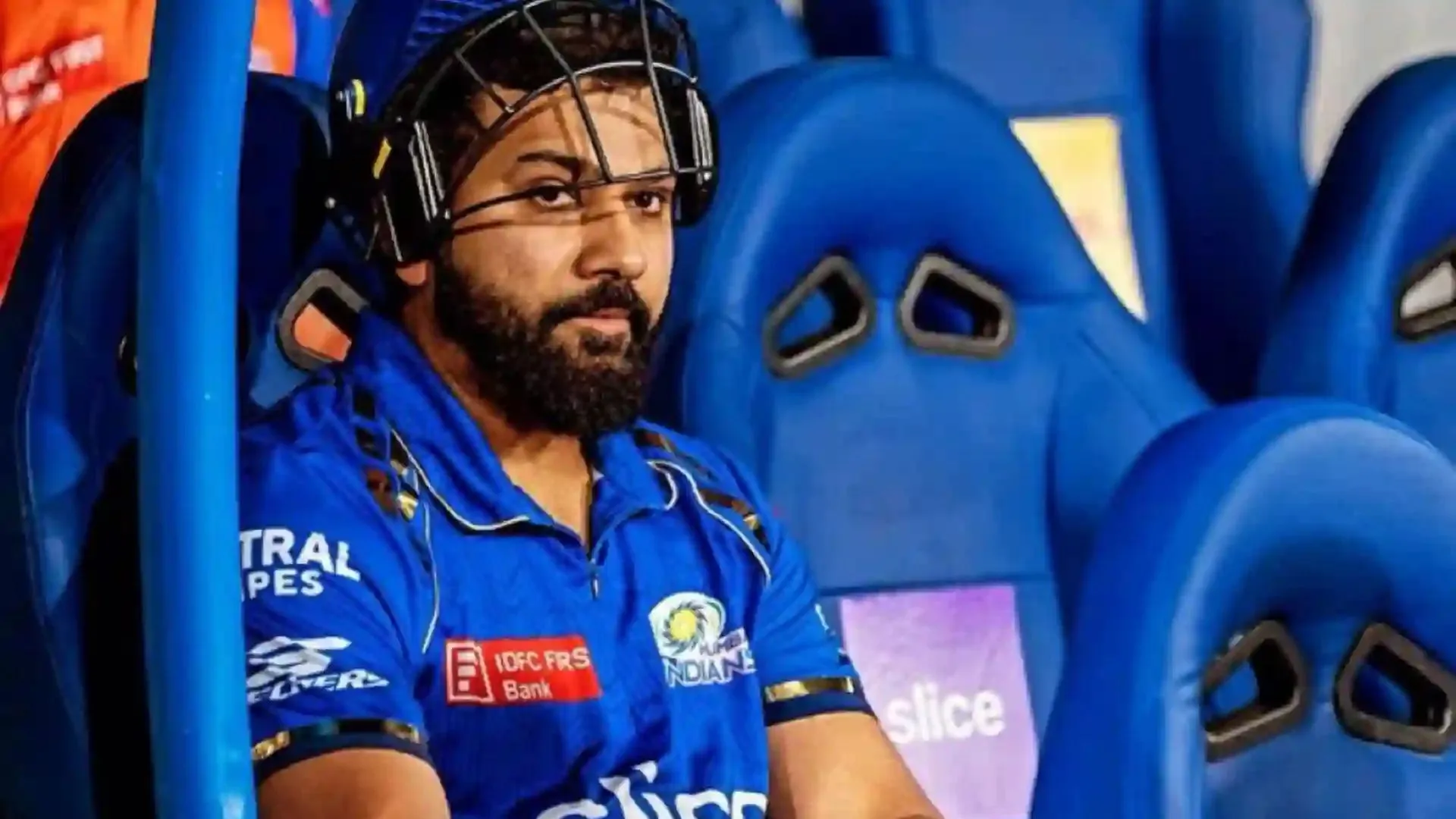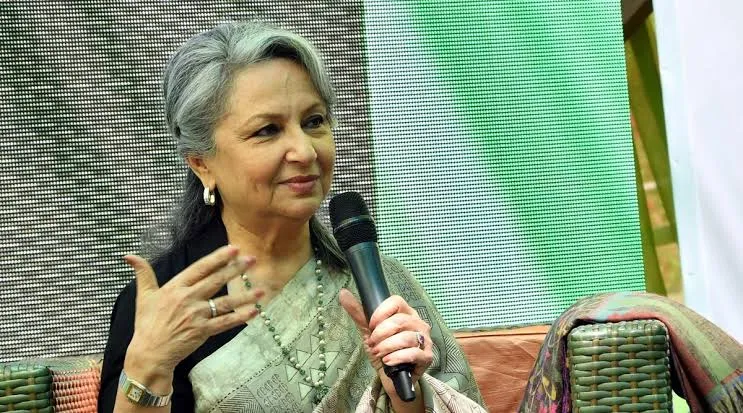The Supreme Court has issued an interim stay on the Rajasthan High Court’s directive transferring the investigation of two criminal cases to the Central Bureau of Investigation (CBI).
This decision follows assurances from the Rajasthan BJP government that state law enforcement authorities would conduct an “unbiased and impartial investigation.”
The cases in question stem from complaints filed by mine operator Parmeshwar Ramlal Joshi. One of the cases implicates Ramlal Jat, a former minister in the previous Congress-led administration, while the other names Anand Srivastava, whose brother is a high-ranking Indian Police Service (IPS) officer in Rajasthan.
The allegations involve the falsification of a rental agreement and the misappropriation of mining equipment between 2018 and January 2021.
A bench comprising Justices Vikram Nath and Sandeep Mehta, in their February 24 order, held that “in the meantime, the effect and operation of the impugned order(s) shall remain stayed.”
The Rajasthan High Court, in its order transferring the investigation to the CBI, underscored significant concerns regarding procedural integrity. It noted that the complainant had made serious allegations of “malafide investigation and collusion between the accused persons and the police.”
More Into The Case
The court further criticized the protracted delay in the registration of First Information Reports (FIRs) and the lack of substantive progress in the probe, raising legitimate concerns about the objectivity of the investigative process.
“The allegations of fabrication of evidence are also grave,” the court observed.
A key issue highlighted by the high court was the potential influence exerted by the accused. The judgment stated that, “The high-ranking position of a close relative of the accused, coupled with the fact that any investigating officer assigned to this case would be a subordinate of the accused’s brother, presents a matter of grave concern before this court.”
The court emphasized that multiple incidents suggested an undue influence of the accused over the course of the investigation.
Expressing concern at the manner in which the case was handled, the presiding judge remarked, “I was deeply astounded to learn that the investigating officer, the circle officer of Asind, who was keeping the file with him since the last 6 months, is unaware of the fact that the additional director general of police of the state of Rajasthan is the brother of the accused.”
While the court refrained from outrightly affirming Joshi’s allegations, it underscored that the chain of events necessitated judicial scrutiny.
Concerns over political interference and repeated investigative transfers led the court to conclude that “only an independent and credible agency like the CBI can ensure a fair, unbiased, and transparent inquiry.
This court also feels that the message in society should not go wrong that the law bows down or succumbs before power, influence, or the mighty, and that justice remains undone.”
The Rajasthan government, in contesting the high court’s directive, argued that the underlying dispute was primarily a commercial disagreement among mining partners, including Joshi, rather than a matter warranting criminal investigation. The state contended that the high court had erroneously accepted Joshi’s oral assertions without sufficient factual substantiation.
Assuring the Supreme Court of the credibility of its investigative process, the state government asserted, “Each aspect of the matter shall be investigated by a senior-level officer, including or headed by the Director General of Police (DGP) if required, based on actual evidence and all material facts.” The government further argued that transferring investigations to the CBI should be an “extraordinary measure” reserved for “exceptional circumstances” rather than a routine judicial recourse.
Regarding the alleged connection between the accused and a senior IPS officer, the state clarified that the officer in question “is not even in the stream of any investigation system of the state.” It maintained that the officer’s responsibilities were limited to the deployment of armed forces and that his posting predated the FIR’s registration.
The government reassured the judiciary that any police misconduct, if identified, would be addressed in accordance with legal protocols.
The Rajasthan government concluded by asserting that while it does not oppose a CBI inquiry in principle, it questions the legal basis of the high court’s directive.
“The state police agency is competent and would submit its report in the pending investigation based on the evidence collected,” it reiterated, emphasizing its commitment to conducting an “unbiased and impartial investigation.”
Read More: PM Modi Hails Maha Kumbh Mela, Calls It A Celebration That Touched All Coners Of India






















